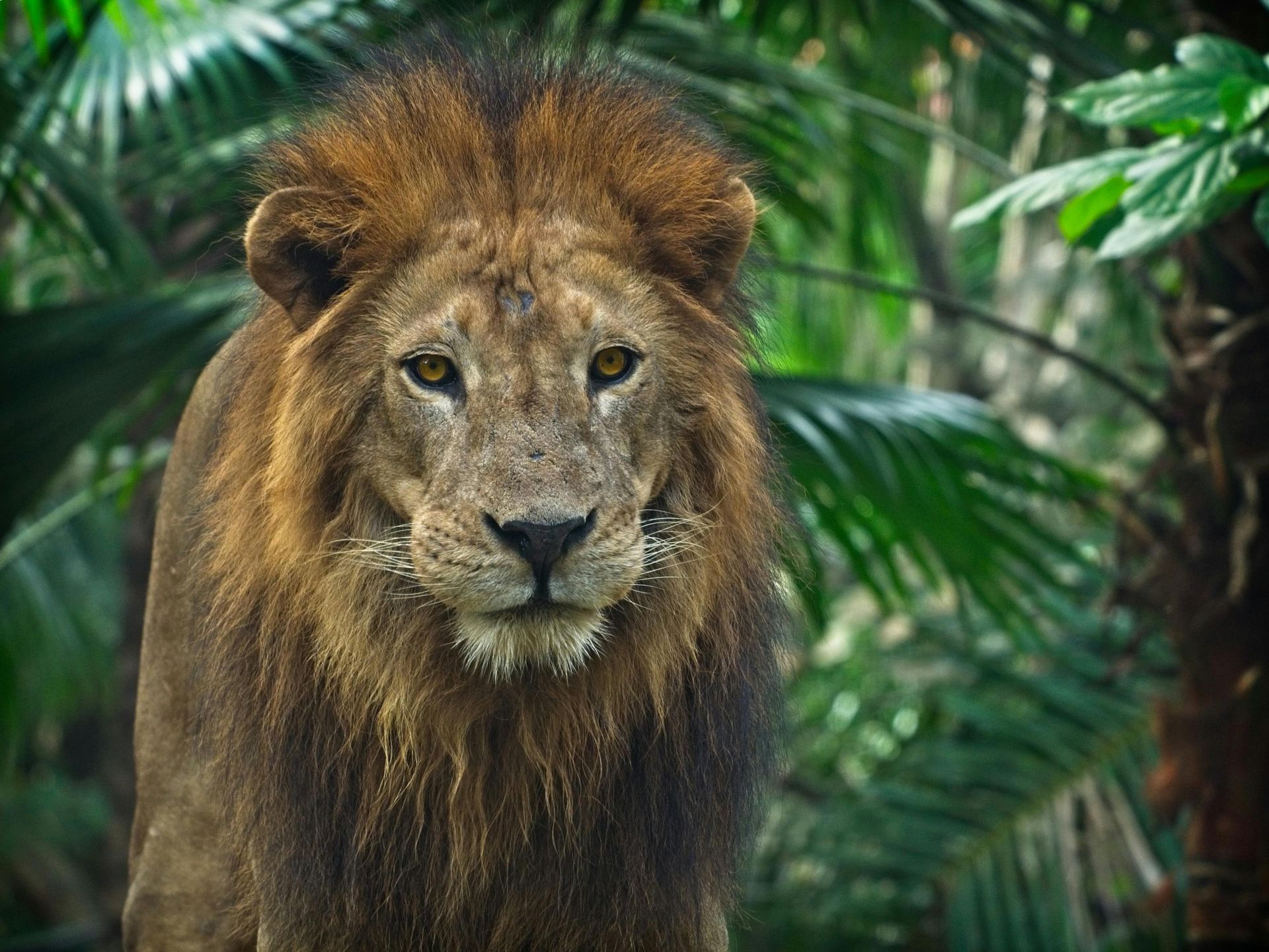The Impact of a Vegan Lifestyle on the Natural Environment
Let's Do All We Can for Ourselves and Our World

The vegan lifestyle, which involves abstaining from the use of animal products, has been gaining popularity in recent years. Many people adopt this lifestyle for ethical or health reasons, but it also has a significant impact on the environment. This article will explore the ways in which a vegan lifestyle can help to reduce environmental degradation and provide some sources to back up the claims made.
First and foremost, the production of animal-based products is a major contributor to greenhouse gas emissions. According to a report by the United Nations Food and Agriculture Organization (FAO), the livestock sector is responsible for 14.5% of global greenhouse gas emissions, which is more than all transportation combined. This is primarily due to the methane produced by cattle and sheep, as well as the carbon dioxide produced by deforestation for animal agriculture.
Adopting a vegan lifestyle can significantly reduce an individual's carbon footprint. A 2018 study by the University of Oxford found that a vegan diet is associated with a reduced greenhouse gas emissions of around 60%. This is because plant-based products require less land, water, and energy to produce than animal-based products.
In addition to reducing greenhouse gas emissions, a vegan lifestyle can also help to conserve water. Animal agriculture is a major consumer of water, with an estimated 1,800 to 2,500 gallons of water required to produce one pound of beef. In contrast, it takes only about 216 gallons of water to produce one pound of wheat. By choosing to consume plant-based products, individuals can reduce the amount of water needed for their food supply.
A vegan lifestyle can also help to protect biodiversity. The FAO reports that over 70% of global agricultural land is used for livestock production, leading to the destruction of natural habitats. Moreover, the overuse of pesticides and fertilizers in animal agriculture can harm wildlife and aquatic ecosystems. By choosing to consume plant-based products, individuals can reduce the demand for land-intensive animal agriculture and help to protect biodiversity.
Overall, a vegan lifestyle can have a significant impact on the environment by reducing greenhouse gas emissions, conserving water, and protecting biodiversity. However, it is important to note that not all vegan products are created equal. It is crucial to choose products that are grown using sustainable methods and to consider the environmental impact of the entire supply chain when making food choices.
Some sources to back up the claims made:
- "Livestock's Long Shadow: Environmental Issues and Options." United Nations Food and Agriculture Organization (FAO). 2006.
- "Assessing the environmental impacts of consumption and production: Priority products and materials." United Nations Environment Programme (UNEP). 2010.
- "Greenhouse Gas Emissions from the UK Food System and Implications for Health: A report for the Food Climate Research Network." University of Oxford. 2018.
Vegan Gently Blog
















